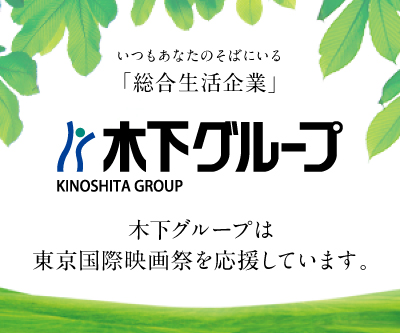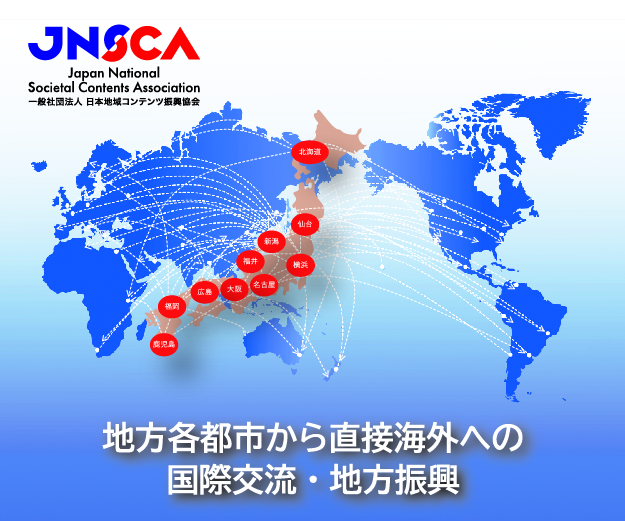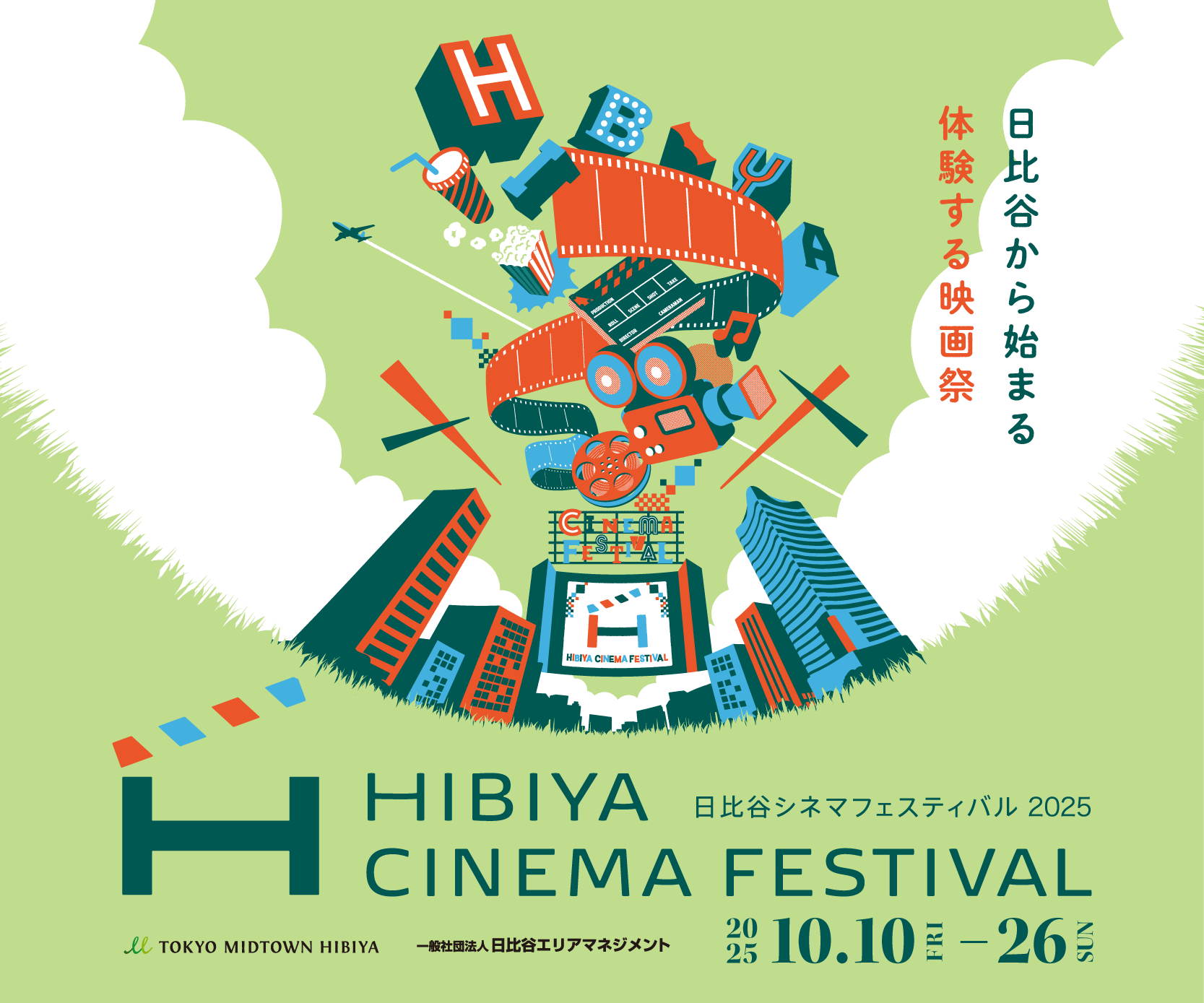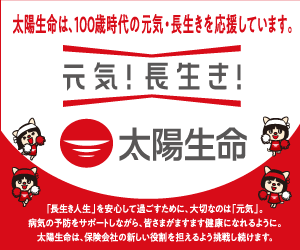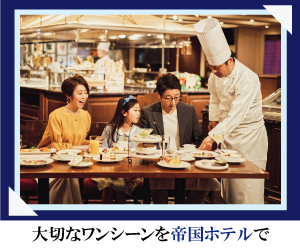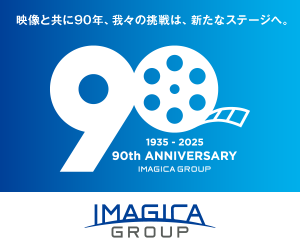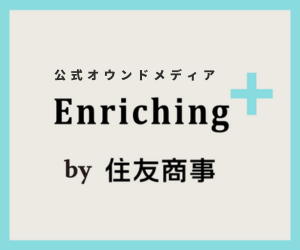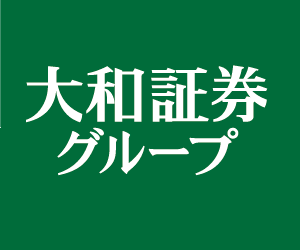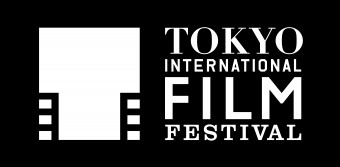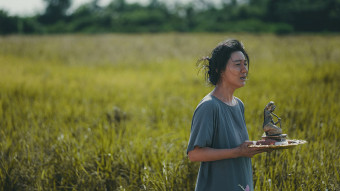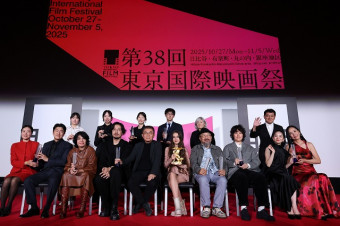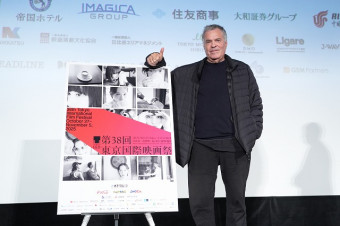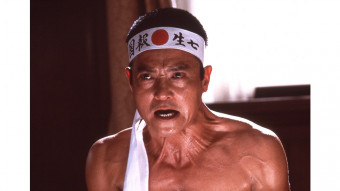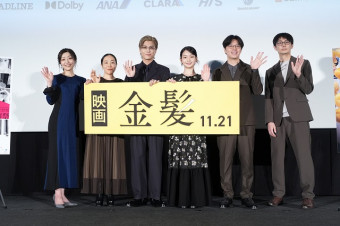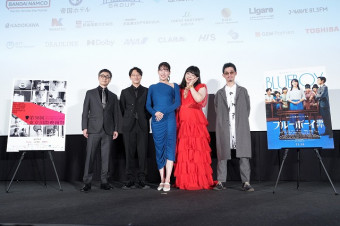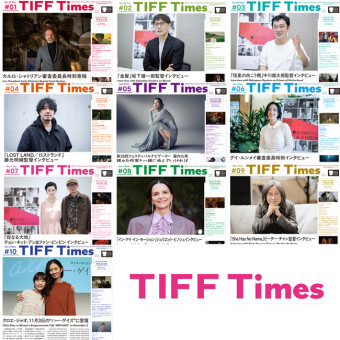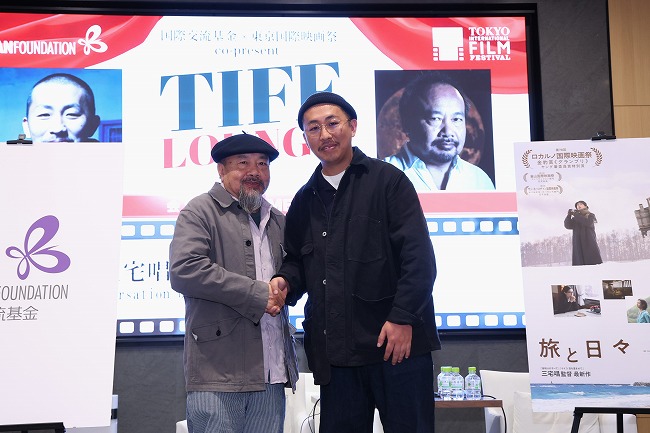
Cambodian-French auteur Rithy Panh sat down with Japanese director Miyake Sho on November 1 to chat as part of the 38th Tokyo International Film Festival’s TIFF Lounge series. The two men had met previously at the 2025 Locarno International Film Festival in Switzerland, where Panh was the president of the competition jury and Miyake’s most recent film, Two Seasons, Two Strangers, was given the festival’s top prize, the Golden Leopard.
But they didn’t have the opportunity to talk with each other at length in Switzerland, according to Miyake. “I would be happy to find out his real opinion of my film,” he said at the beginning of their conversation.
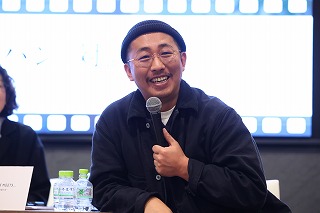
Panh said, “Unfortunately, what the jury discussed about the film is supposed to be confidential, but I can say the decision was easy. Frankly, I don’t like being on competition juries, but I thought [Miyake’s film] was amazing. I don’t really see a lot of films, even though I’m a director, but I was interested in the story and how you talked about loneliness and how people rely on each other. These are things that happen in everyday life, and that’s the kind of film I like.”
Panh then went on to describe the story and structure of Two Seasons, Two Strangers. He was especially taken by the idea of the screenwriter-as-protagonist and showing how she went about her job. Miyake pointed out that the film is actually based on two works by manga artist Tsuge Yoshiharu and is centered on a Korean screenwriter played by Shim Eun-kyung who is adapting one of Tsuge’s works. She then visits Hokkaido where Tsuge’s stories are set on the suggestion of a film studies professor.
“The jury found Mr. Miyake’s approach very intelligent,” Panh continued. “Each character is trying to find themself. That made me think of the films I made when I was younger.”
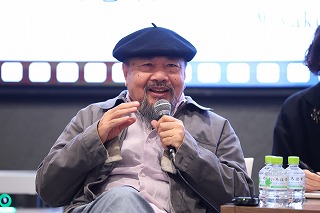
TIFF Senior Programmer Ishizaka Kenji, moderator of the discussion, mentioned that Two Seasons, Two Strangers would be opening in Japan the following week. “Well, I hope everybody goes to the theater to watch it, because it’s a great work,” said Panh.
Miyake thanked him for the enthusiastic plug and added how much he appreciated Panh’s comment about depicting people through their work.
“That’s very important to me,” Miyake said. “The main narrator of your new movie reminded me of my grandfather.” Panh’s film, We Are the Fruits of the Forest, which just had its world premiere in the 38th TIFF’s Competition section, is a documentary about the Bunong people, who live in the highland forests of northeastern Cambodia, an area that is being decimated by developers and other commercial interests.
“My grandfather was a farmer and a miner,” explained Miyake. “His hands were always in touch with the land, with the earth. I always associated him with working, and I wanted to film his hands, but he passed away before I had the chance. I saw a lot of hands in your movie and they reminded me of my grandfather.”
“That’s something our two films share,” said Panh. “It’s what makes them authentic. I know your film is fiction, but those details about work mean a lot, especially in reference to hands and what they do. You know, I was in Cambodia during the Khmer Rouge period, and I had delicate hands, something that put my life in danger because delicate hands were a sign of the bourgeoisie, which the Khmer Rouge tried to eradicate. My hands were not the hands of a laborer.”
The subject of the Khmer Rouge, which governed Cambodia from 1975-79 and carried out a systematic terror campaign against elements it considered bourgeois, prompted Panh to discuss the political aspects of his work. “My new film addresses the challenges of capitalism,” he said, referring to how the Bunong have to supplement their traditional subsistence lifestyle with cash-producing work. “For the Bunong, the soil, the spirit world, the wind, the elements are all very important, and capitalism and industrialism are destroying these things. They work hard, and I try to show how they are fighting to protect their identity.”
Miyake applied Panh’s idea to their shared vocation. “I think the work we do is also with our hands,” he said, “especially in the editing process. Even though many filmmakers now use digital images rather than film, the editing is still manually done. I like how your film shows the human touch, even in the narration.” He asked Panh “at which point he decided how he would edit the narration, while filming or while editing?”
Panh paused to think about the question. “It’s difficult to say. I have no set method. I just have a purpose, which in this case was showing people going about their daily lives and how they carry out human exchange. But I also wanted to show how things are disappearing. In your film, you talk about how some things in Hokkaido are disappearing. In my film, the Bunong used to consist of five extended families, but now there is only one. That’s how their lives have responded to the changes brought on by the outside world. The market no longer demands the rice they cultivated, which is difficult to do in the mountains. There are many stages, and each stage has its own ritual, because there are spirits involved. Those rituals are disappearing, and that’s what I wanted to show. Yes, most of my work is done during the editing process. That’s why I rely so much on archival footage.”
Panh wanted to know how Miyake incorporated the social changes he observed into his scenarios. “In Two Seasons, Two Strangers, I used actors who are the same age as me, because I want to capture this moment. I can’t do that ten years from now. I want to show how my generation lives right now. That may be the basis of my work.”
A reporter in the audience wanted to know what each filmmaker was working on right now. Miyake said he was not at liberty to discuss the particulars of his next project but that it would probably come out in 2027.
Panh took the purport of the question differently. “I can’t create something by request,” he said. “For instance, maybe my cat died and I write something about that and a producer likes it and says he’ll raise money. But if I’ve already made a movie about a cat, I don’t know if I can do it again. It’s a big challenge making movies these days. All of you with your smartphones, addicted to small screens, watching stories on the train that are the length of two stops. I’m not being critical, but it’s not my style. Also, I want my movies shown in theaters.”
It appears Panh is working on something, but he isn’t sure if anyone will be able to watch it. “I am going to film something in Super 8, so it’s kind of a rebellious move,” he said, smiling devilishly. “There may not be an audience for it. I don’t know, maybe I will retire and open a fast-food joint. No, that’s not a joke. I’m a good cook.”
As the audience laughed, Miyake interjected: “Maybe your audience in Japan thinks you always work on the same subject, but I see many different challenges in your films. They all have different textures, so I very much look forward to seeing you working in Super 8.”
“Yes, I suppose most people associate me with films about the Khmer Rouge,” said Panh. “And I have a lot to say about the Khmer Rouge because I am the only filmmaker who can speak about them from direct memory. But I have many other ideas and like to work in different formats. It’s not easy to come up with something new.”
Another audience member wanted the two filmmakers to talk more about what the word “work” means to them. Miyake admitted that “work” seems to mean something different to each generation. “I loved to watch my father and grandfather work,” he said. “I’ve never worked in an office myself, and I wonder how people do that. Maybe that’s not the answer you wanted.”
“I like work,” said Panh. “Because I’m working all the time. Maybe I should quit for a while. Sometimes work is forced on me and sometimes it’s my own choice. My wife said to me, ‘Oh, you’ll never stop working,’ but I would like to try. You have to learn from what you do—experience made me into the filmmaker I am today. I teach filmmaking, which is not that difficult, but one of the things I teach is empathy. Young filmmakers need to empathize with their subjects. Empathy should mean being considerate of weaker people.”
“Teaching empathy is essentially a political act,” he went on, trying to describe his work ethic. “I tell myself to calm down, to not get excited, but the world is not simple, and that irritates me. I’m training myself to be good every day, so that when I die, I can die in a positive way.”
TIFF Lounge Co-presented by The Japan Foundation & Tokyo International Film Festival
Conversation between Miyake Sho and Rithy Panh
Guests: Miyake Sho (Filmmaker), Rithy Panh (Filmmaker)
Moderator: Ishizaka Kenji (TIFF Senior Programmer, Professor at Japan Institute of the Moving Image)











